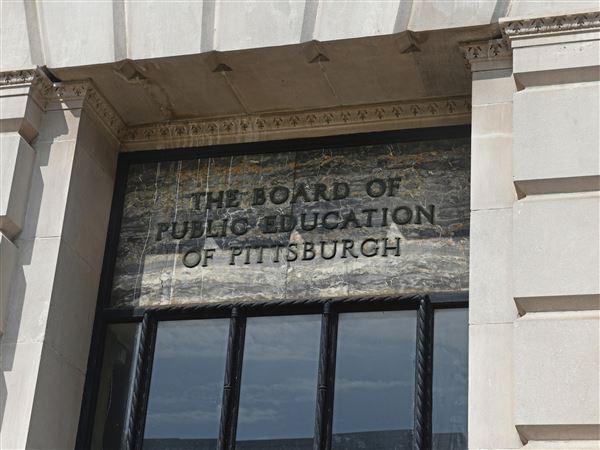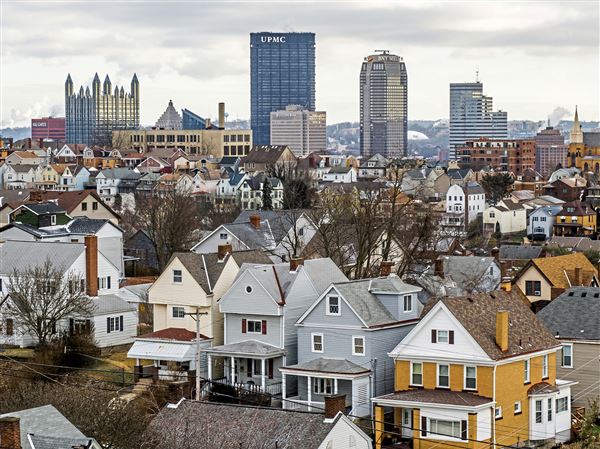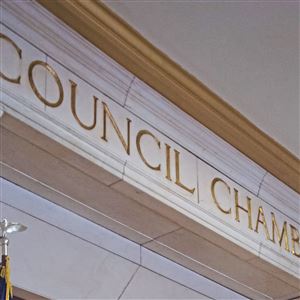Multiple city departments have used more than half of their allocated budgets for overtime pay in the first fiscal quarter of the year, a report from the City Controller showed.
The report sent to city council members Tuesday afternoon showed that the city had spent about 39% of its total budget for premium pay through early April. The city has spent an additional $566,000 in premium pay for departments that don’t budget for it.
City Controller Rachael Heisler and other city officials raised red flags in the fall that the budgets for overtime were too low.
Despite facing significant staffing shortages among police officers, EMTs and public works employees, Mayor Ed Gainey’s 2025 budget lowered the amount of overtime pay allocated to each of the departments. In the police bureau, the overtime pay was lowered to just $15 million a year, the same amount the city spent in the first nine months of 2024.
The city’s operating budget broadly labels all specialized pay — overtime and holiday pay among others — as premium pay. In detailing payments made during the first quarter, the controller’s report separates overtime and unknown payments that were labeled as premium pay.
The Public Works Department has so far used the most of its premium pay. The operations bureau, which includes positions like street sweepers, heavy equipment operators and general laborers, has already used about 76% of its premium pay — about 51% of which is straight overtime payments.
The bureau of facilities within Public Works, which includes construction employees and truck drivers, has used about 164% of its premium pay — the majority of which also comes from overtime payments to employees.
The facilities bureau was only budgeted about $144,900 in overtime for 2025. So far, it’s spent about $237,500.
The controller’s report also highlighted Emergency Medical Services, which has used 66% of its premium pay, and Public Safety Administration, which has used 87%.
The police department has used about 37% of its premium pay so far this year, but that number is likely to rise with summer events such as the marathon, the Three Rivers Arts Festival and Picklesburgh.
“Staffing shortages in Public Safety and Public Works may continue to drive elevated overtime and premium pay costs,” the report said.
City Councilwoman Theresa Kail-Smith, who was the lone vote against the 2025 budget, said these numbers weren’t “much of a surprise.”
“We knew that there were a lot of staffing issues in those bureaus,” she said Tuesday afternoon. “I voted no on the budget because there were a lot of concerns [and now] we’re starting to see those come to fruition.”
Ms. Kail-Smith said she was particularly concerned about the department of Public Works, because there has been such a big push to hire more employees there.
“I don’t understand why that would be over so significantly,” she said.
Beyond the usage of premium pay, the controller’s report also found that a number of city departments that don’t have formal budget allocations for premium pay have been making payments under that line item.
The majority of those payments — about $219,700 — were EMS reimbursements paid from one of the city’s trust funds.
Mr. Gainey and his administration remained confident during budget discussions that the city’s finances were on solid footing, often pointing to the increased credit rating as proof. But the city is still facing a decline in property tax revenue and lower payouts from the city’s investment portfolio as federal COVID-19 relief funds expire at the end of 2026.
The mayor’s office did not immediately respond to a request for comment.
First Published: April 15, 2025, 8:41 p.m.
Updated: April 16, 2025, 7:54 p.m.


















